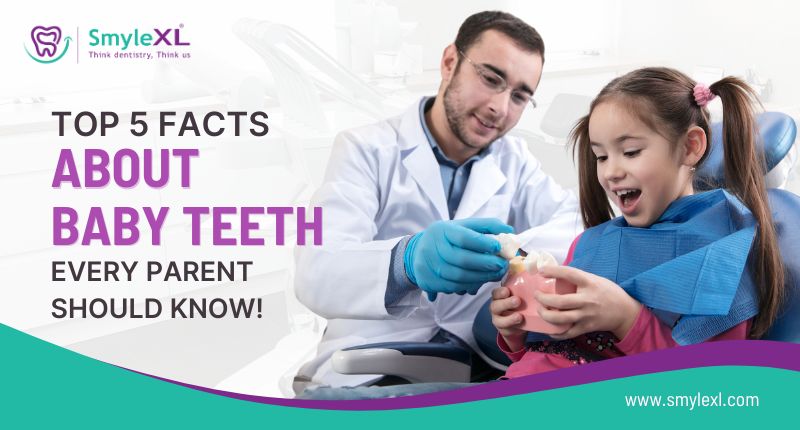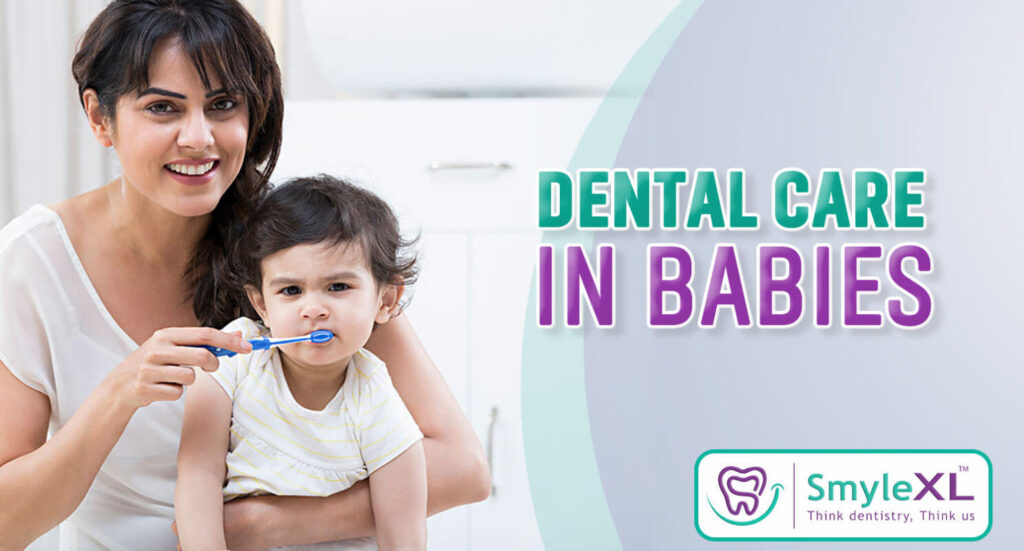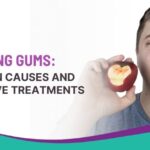As a parent, you may find yourself overwhelmed by the diverse responsibilities of raising a child. One aspect that often gets neglected is dental health, particularly when it comes to baby teeth. Proper kids dental care is essential, even at a young age, to ensure your child’s overall health and development.
Here are five essential facts about baby teeth that every parent should know.
The Importance of Baby Teeth
Many parents underestimate the importance of baby teeth, thinking they’re just placeholders for adult teeth. However, baby teeth play an important role in a child’s development. They help with chewing and speaking and guide the proper alignment of adult teeth as they come in. Healthy baby teeth also contribute to the child’s overall health, preventing issues that could arise later on, such as misalignment or overcrowding of adult teeth.
Timing of Eruption
Baby teeth usually start to appear between 6 months and 1 year of age, but this timeline can vary widely among children. By age 3, most children will have a full set of 20 primary teeth. It’s important for parents to be aware of this timeline, as each child is unique. If you notice significant delays in teething, consult your pediatrician or dentist to rule out any potential issues.
Dental Hygiene Starts Early
You can start taking care of your child’s teeth at any age. Parents should use a gentle, moist cloth to wash their baby’s gums after feedings, even before teeth erupt. When the first tooth appears, it’s appropriate to start using a toothbrush with soft bristles and a small amount of fluoride toothpaste.
Developing a dental hygiene routine early on can help set the healthy foundation for lifelong healthy habits.
Cavities Can Happen
Only because baby teeth will eventually fall out doesn’t mean they’re immune to cavities. Baby teeth can develop cavities if proper dental hygiene isn’t maintained. Early childhood cavities, often called “baby bottle tooth decay,” can occur if a child frequently falls asleep with a bottle of milk or juice. To prevent this, offering water before bedtime and cleaning the child’s mouth after feeding is best. Regular dental visits starting around age one are also essential for monitoring oral health.
The Natural Process of Losing Baby Teeth
Around age six, children typically start to lose their baby teeth to make room for adult teeth. This procedure can be thrilling for children, especially when the Tooth Fairy stops by! Parents must prepare their children for this change, as losing teeth can sometimes be scary. Encourage your child by explaining that losing teeth is a natural part of growing up and reassure them that their adult teeth will be stronger and more permanent.
Caring for your child’s baby teeth is as important as caring for adult teeth. By understanding these five facts—recognizing the importance of baby teeth, knowing when they erupt, establishing good dental hygiene early, preventing cavities, and preparing for tooth loss—you’ll be well-equipped to support your child’s dental health. Remember, a healthy smile sets the stage for a lifetime of confidence and well-being.
So, adapt to these early years of dental care and help your child’s smile achieve the healthiest future!
If you’re seeking a kids dental clinic to ensure better oral health for your children, look no further than SmyleXL. Our skilled doctors are here to guide you and your little ones toward achieving optimal dental care.










